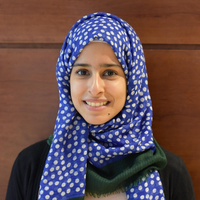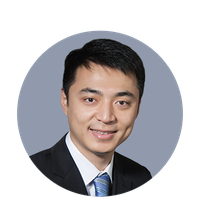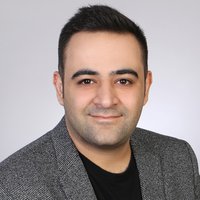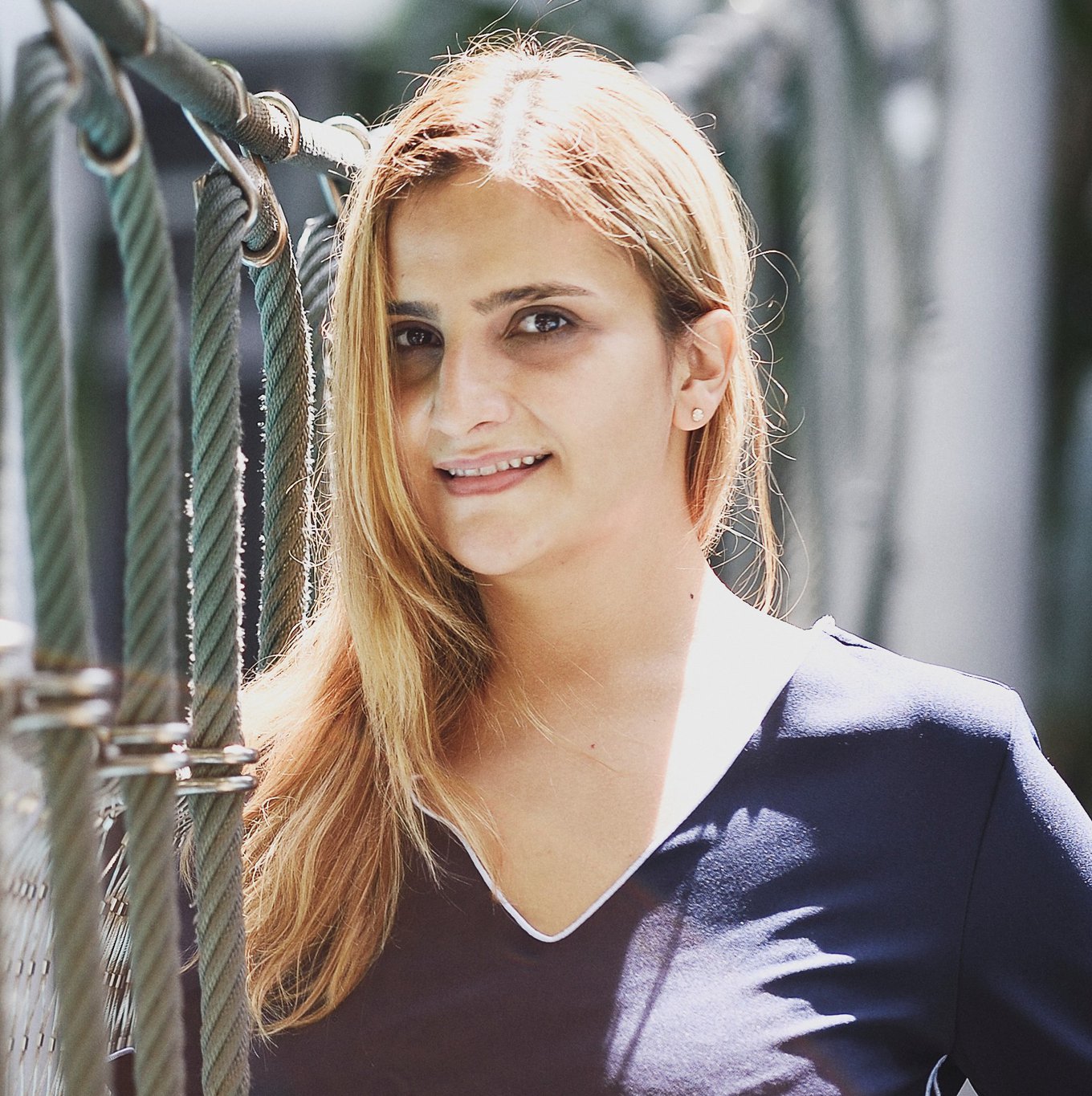Nanotechnology & materials
Nazanin Saeidi
MycoTimber: wood from no wood. A global paradigm shift in building industry.
Nazanin Saeidi

MENA
Shahad Khalid Alsaiari
Simultaneous detection and inhibition of indirect-contact infections

China
Yihao Yang
Realized several photonic topological materials which allow light to pass through obstacles without loss

China
Ding Zhang
Discovered a new type of two-dimensional superconducting materials

Asia Pacific
Mohammad Hossein Davood Abadi Farahani
Separating industrial chemical mixtures at a molecular level with minimal energy
